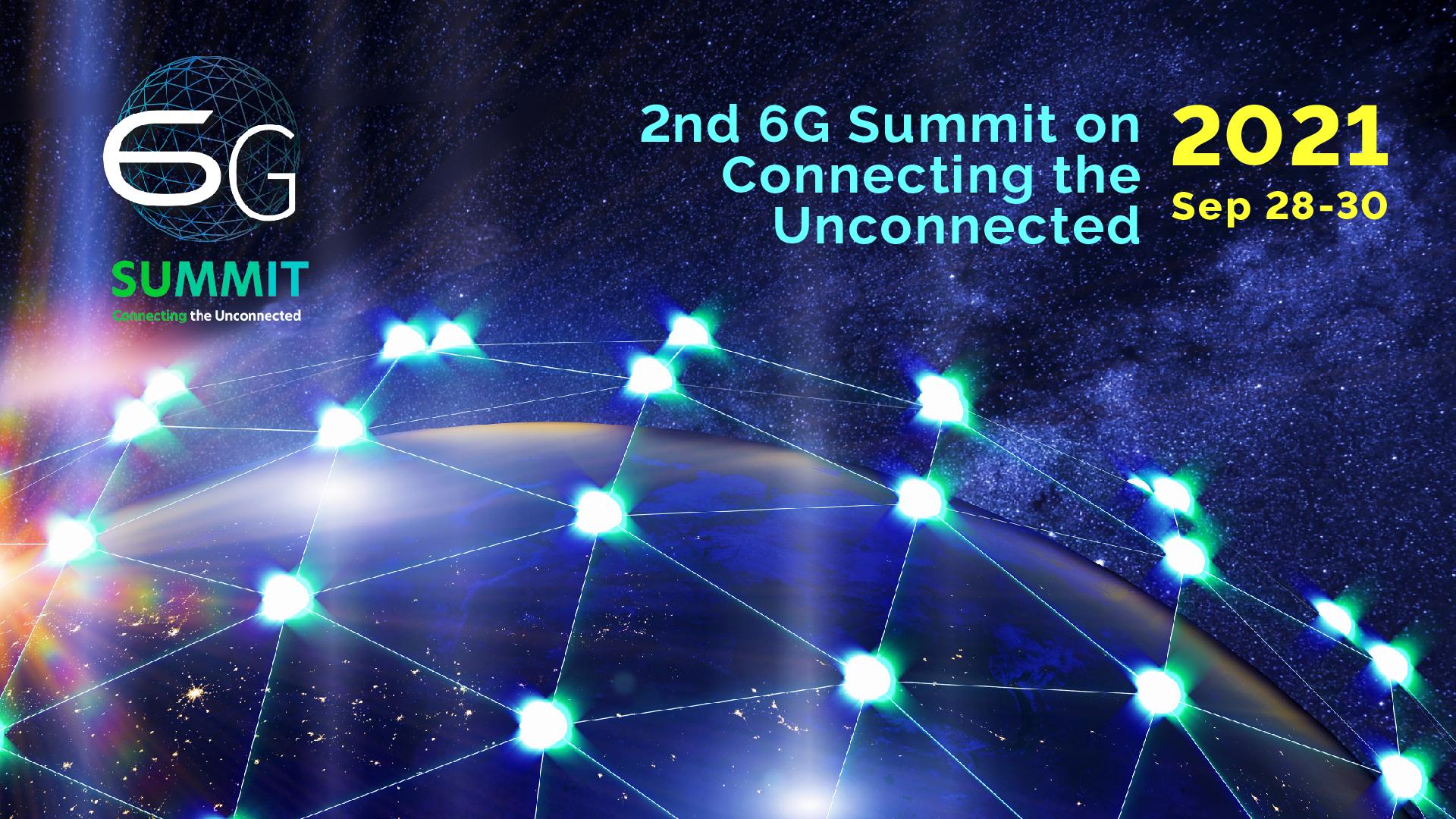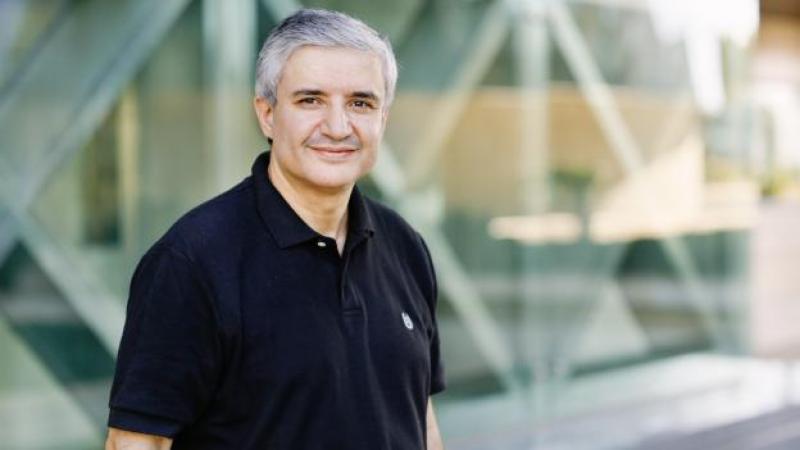By David Murphy
The second edition of the KAUST 6G Summit on "Connecting the Unconnected" was recently held online from Tuesday, September 28 to Thursday, September 30, 2021. As part of “The Decade of Digital Inclusion,” a semester-long master class from the Marconi Society, the summit covered the latest research and technological advancements in 6G global connectivity.
Unlike any technology before it, 6G is expected to democratize connectivity and its myriad benefits. Created against the backdrop of the United Nations’ 2030 Sustainable Development Goals—and informed by a clear, pandemic-driven view of the costs of the digital divide—digital equity will be front and center in all future 6G development.
Organized by KAUST Distinguished Professor of Electrical and Computer Engineering Mohamed-Slim Alouini, the event featured four sessions and numerous panels. Over the event’s duration, a host of international researchers and experts in internet and communication technology (ICT) and wireless communications system (WCS) analyzed and discussed the technical possibilities, social impact, and critical considerations in using 6G to provide connectivity and opportunity worldwide.
The future of global digital inclusion
The seventeen invited speakers/panelists covered numerous topics relating to 6G technology and its development. These topics included key considerations for developing beyond 5G networks, satellite-based cellular networks, high altitude platform stations (HAPS), optical wireless communications, and open radio access networks (Open RAN).
Among the notable line-up of participants were Vint Cerf, Chairman of the Marconi Society Vice President & Chief Internet Evangelist, Google, USA.; Tawfik Jelassi, Assistant Director-General for Communication and Information, UNESCO, France; Professor Elizabeth M. Belding, University of California, Santa Barbara, USA; Anton Monk, Vice President, ViaSat, USA; Andrea Goldsmith, Dean of Engineering and Applied Science, Princeton University, USA; Helka-Liina Määttänen, Master Researcher, Ericsson, Finland; and Brian Barritt, Software Engineering Manager, Facebook Connectivity Lab, USA.
“I believe that we had an amazing line-up of panelists who touched upon the different aspects of the connectivity divide. I would like to thank every single one of these world’s leading experts and voices on digital inclusion, and I wish that other similar events will reunite us in the coming months and years,” Alouini noted.
“I hope that events like this one will strongly influence the development of beyond 5G and 6G networks in order to make them not only driven by financial and business objectives but also inclusiveness and more generally sustainability considerations,” he concluded.

